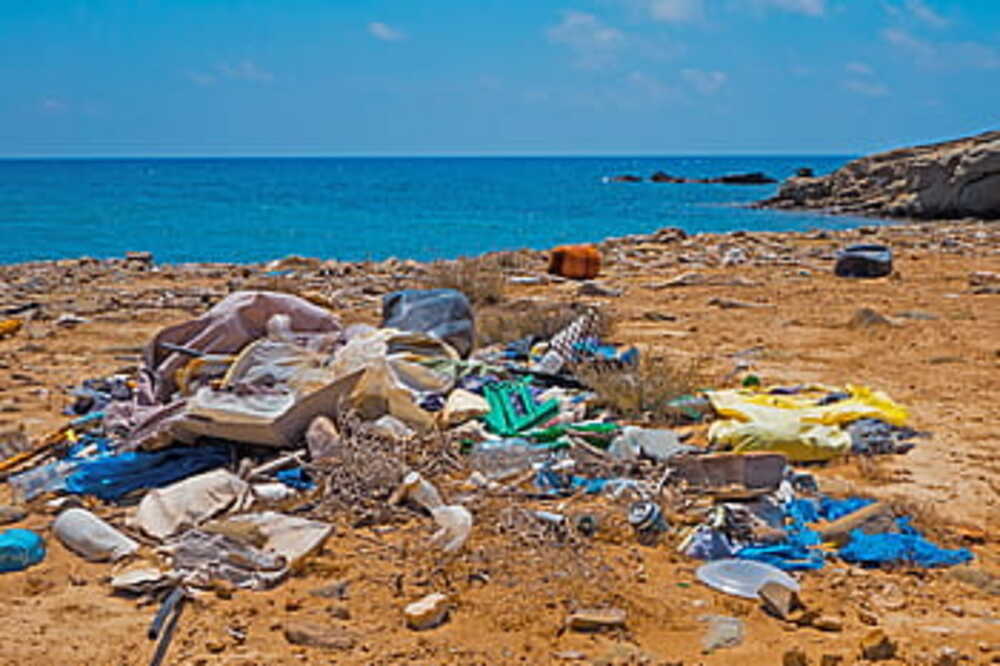Environmental organizations Surfrider, Client Earth, and Zero Waste France have filed a lawsuit against French company Danone, alleging that the firm has failed to adequately account for all the plastic used during its manufacturing cycles.
Danone, the largest yogurt manufacturer in the world and producer of the popular Evian mineral water brand, has denied the accusations.
They filed the lawsuit in Paris under a 2017 French law that requires companies to prevent harm to human rights and the environment in their supply chains. The environmental groups are not seeking a criminal complaint against Danone, in contrast to a similar case against oil company TotalEnergies over a proposed African pipeline.
Danone to provide a strategy for reducing its plastic consumption
The advocacy group Surfrider Foundation Europe called on Danone to publish a report on its “mandatory duty of care” and to provide a strategy for reducing its plastic consumption.
A judge will determine whether or not to proceed with the lawsuit.
Danone claims to have reduced its use by 12% between 2018 and 2021 and has set a goal for all its packaging to be recyclable, compostable, or both by 2025. In October, the company joined other international businesses, including Nestle, in calling for stricter reporting requirements for companies on their environmental impact.
Environmentalists: Danone has not adequately cared for materials used in manufacturing
According to Antidia Citores, the French spokesperson for the ocean protection advocacy group Surfrider Foundation Europe, the organizations are calling on Danone to republish its mandatory duty of care report and clearly account for its consumption, including a strategy to minimize it. Citores stated that Danone has not adequately accounted for all the plastic used in its manufacturing processes, from agriculture to packing, and has not made its plans to reduce usage clear to the public.
The case against Danone comes as more non-governmental organizations are taking legal action against major corporations using the French “duty of care” law.
How harmful plastic is to the environment?
Plastic is a versatile and convenient material that has played a significant role in numerous aspects of modern life. However, the widespread use of it has also contributed to environmental pollution, particularly in our oceans.
One of the main ways that plastic harms the environment is through the litter. Plastic litter can be harmful to wildlife and marine life, as animals may mistake it for food or become entangled in it. This can lead to injury or death, as well as the spread of invasive species.
Plastic also takes a long time to break down, meaning that it can remain in the environment for hundreds of years. This can lead to the accumulation of plastic in certain areas, such as in landfills or in the oceans. The presence of plastic in the environment can also have indirect effects, such as the leaching of chemicals into soil and water sources.
In addition to the direct and indirect impacts on the environment, the production of plastic also contributes to greenhouse gas emissions, as it requires energy to manufacture and transport.
Overall, plastic can be harmful to the environment in a number of ways. It is important to reduce our reliance on single-use plastic items and to properly dispose of plastic to minimize its environmental impact.

